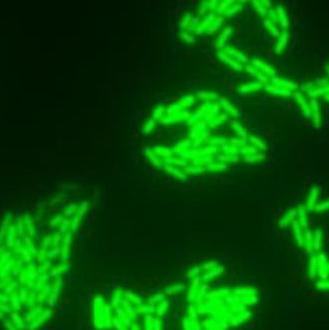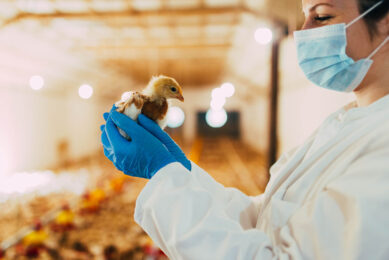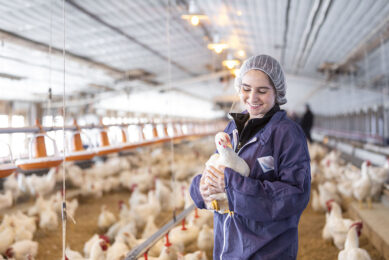E. Coli: the source of the ‘next biofuel’

Scientists have genetically engineered E. coli that is highly efficient in producing butanol, a promising new type of biofuel.
This new technology could speed up the development of butanol biofuels into a cost-effective alternative to ethanol.
Butanol – many attractive properties
“It [butanol] has many attractive properties,” says Jim McMillan, manager of biorefining process R&D at the National Renewable Energy Laboratory’s National Bioenergy Center, in Golden, CO. Because butanol packs more energy per gallon than ethanol does, cars running on butanol get better mileage. And, unlike ethanol, it doesn’t mix with water, so it can be shipped in existing petroleum pipelines without causing problems.
Several research groups are engineering microbes that can convert sugar from various feedstocks into butanol. Most of these groups rely on the bacterium Clostridium acetobutylicum, which naturally makes a form of butanol called 1-butanol. However, this bacterium grows slowly and is not easy to genetically manipulate.
Manipulating E. Coli bacterium
James Liao, a chemical engineer at the University of California, and his colleagues are looking into using E. coli. Although the bacterium does not produce butanol naturally, it is easy to modify and grows fast. Liao says that he can program E. coli to produce small amounts of butanol by diverting some of the microorganism’s metabolites into alcohol production. With further genetic modifications, Liao was able to dramatically increase the efficiency of the process. With further manipulation, the engineered microbes achieved efficiency high enough for industrial use.
Gevo, a biofuels startup based in Pasadena, CA, has acquired an exclusive license to commercialise Liao’s technology. “It’s a real breakthrough…We believe isobutanol is a superior fuel,” says Mathew Peters, Gevo’s chief scientific officer.













